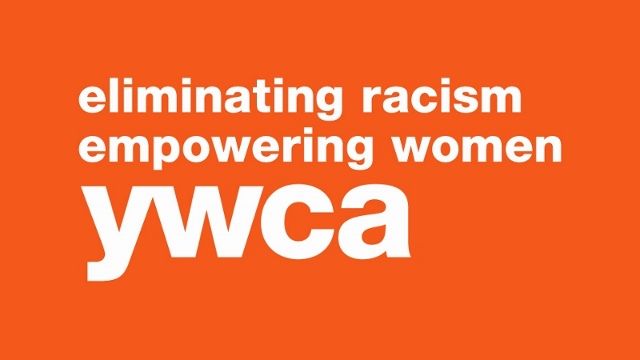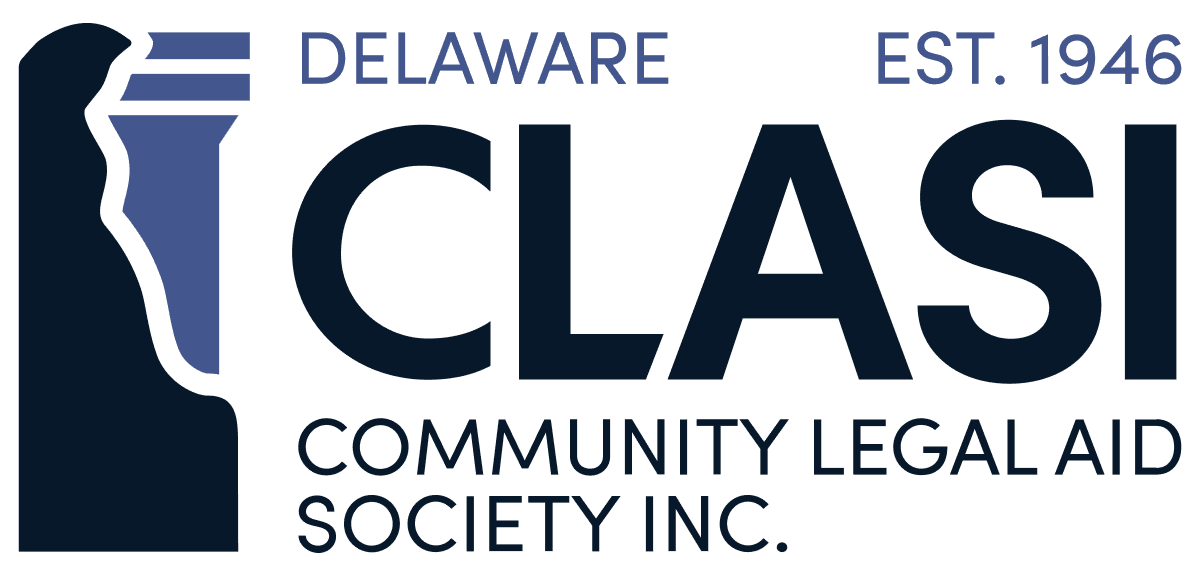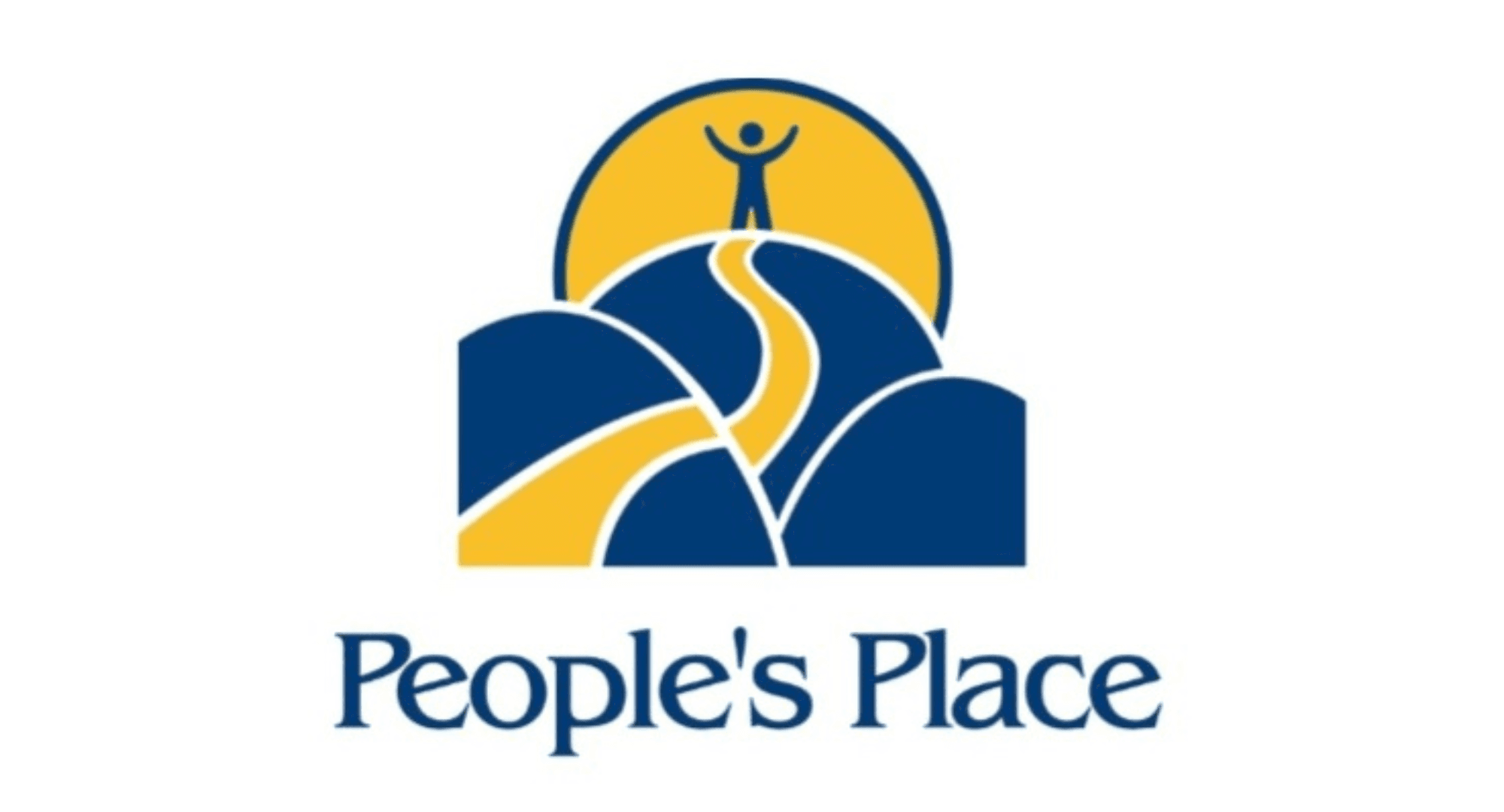FY22 Legislative Summary
Budget funding
Delaware Coalition Against Domestic Violence was able to advocate for an increase in funding for member programs both through SB 252, the grant in aid legislation for community organizations, and through SB 250, the Delaware budget which ensures funding for domestic violence services. After the increased demand for domestic violence services during COVID, DCADV continued to advocate for increased funding of these services, as well as prevention funding for the Department of Public Health, housing assistance through the Delaware State Housing Authority, and other services to prevent and reduce domestic violence in Delaware.
Stronger convictions for strangulation
In conjunction with the domestic violence unit of the Department of Justice, DCADV worked to pass HB 440. This bill would increase penalties for strangulation, a particularly dangerous form of intimate partner violence, allowing more appropriate prosecution for high-risk domestic violence cases.
This bill was signed into law in August 2022, with DCADV attending the signing.
Gun safety for domestic violence survivors
One of the most prevalent factors in domestic violence deaths is the abuser’s possession of a firearm and DCADV has worked with partners such as the Delaware Coalition Against Gun Violence to ensure that perpetrators of domestic and sexual violence are not able to access their firearms. HB 423 created the Firearm Transaction Approval Program within the Delaware State Police in order to better facilitate background checks for firearm purchases and was signed into law in June 2022. DCADV also supported SS1 for SB3, which would have created a permit application and registration process in order to purchase handguns, ensuring that abusers prohibited from purchasing handguns would continue to be detected and prevented. This bill was passed by the Senate but did not get through the House Appropriations Committee.
Housing protections for domestic violence survivors
One of the most essential needs that survivors tell DCADV is their need for safe and affordable housing and there continued to be essential legislative work in 2022. In light of UD research that Delaware has particularly high rates of evictions and low rates of representation for tenants facing eviction, DCADV, along with community advocacy partners such as the Housing Alliance of Delaware, ACLU of Delaware, and the HOMES campaign, advocated for SS1 for SB 101, which would have provided representation for low-income Delawareans facing eviction. The bill passed the Senate but was ultimately defeated in the House of Representatives on July 1, 2022.
DCADV also supported SB 90, which would have ensured that landlords could not discriminate against tenants on the basis of their source of income, an issue that impacts domestic violence survivors who are able to access housing assistance payments. This bill was voted out of the House Housing & Community Affairs Committee in June 2022, but never received a vote in the broader House of Representatives.
It is also essential to continue advocating for protections for tenants in mobile homes and manufactured homes. DCADV supported bills such as HB 374, which extended protections for those who did not qualify as traditional manufactured homes and was signed into law in July 2022.
Economic justice
DCADV was an active member of Delaware Cares, the coalition which worked to pass SB 1, the bill which will provide paid family and medical leave to Delaware workers. Paid family leave is an essential prevention tool against domestic violence, reducing gender inequality. DCADV attended the signing of the bill on May 10th.
The policy team for DCADV was also active in advocating for HB 409, which would provide paid short-term sick and safety leave for workers in Delaware. While SB1 created a long-term medical leave, Delaware still lacks paid sick time for short-term illness, an issue that disproportionately affects low-income women, particularly caregivers. Safety leave, crafted to protect those experiencing domestic or sexual violence, also provides time off work for survivors to receive treatment and heal from their abuse. This bill was not voted out of the House Economic Development, Banking, and Insurance Committee.
Improving protection from abuse systems (PFAs)
Two bills were introduced to improve survivor access to PFAs. The first was HB 264, which created a method for survivors of sexual violence to obtain a protection order from the perpetrator, even if they did not have any other type of relationship or connection. 40% of sexual assaults are by an acquaintance. This bill, signed in October 2022, will allow a survivor to receive protection from a harassing abuser who may be a colleague, classmate, or neighbor.
The second bill, HB 414, would clarify that economic abuse is grounds for granting a protection from abuse order, spelling out that financial exploitation is a pernicious form of abuse and ensuring that courts recognize the incredibly common effects of financial control when considering domestic violence and abuse. This bill was not voted out of the Judiciary Committee.
Improved access to healthcare
HB 400 was a bill intended to ensure that domestic violence survivors were able to access necessary medical services without the chilling effect of an abusive policyholder obtaining information on private medical services. DCADV worked with community partners to educate them about the essential nature of providing medical support for those experiencing domestic violence and other forms of abuse. This bill was voted out of committee in May 2022, but stricken before it could be voted on by the entirety of the House of Representatives.
DCADV also provided support to groups led by Black women, such as Black Mothers in Power, for Rep. Minor-Brown’s collection of bills known as the “momnibus”, intended to reduce the high rates of maternal mortality for Black women and infants in Delaware. The Momnibus included the following bills, which were signed into law in July 2022.
● HB 234 - extends Medicaid coverage through the first year of postpartum
● HB 340 - provides updates to the Child Death Review Commission and name change
● HB 342 - includes protections for pregnant prisoners regarding restraints
● HB 343 - requires Medicaid to provide a plan for coverage of doula services
● HS2 for HB 344 - requires bias and competency training for healthcare workers
● HB 345 - provides access to doula/midwifery services for women in DOC custody




